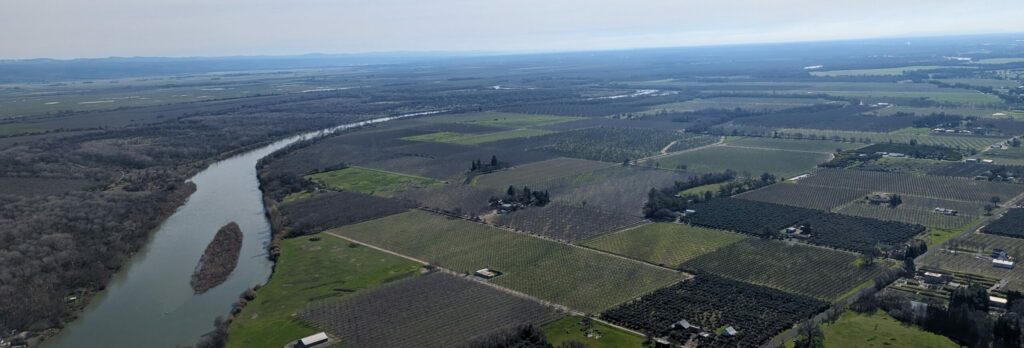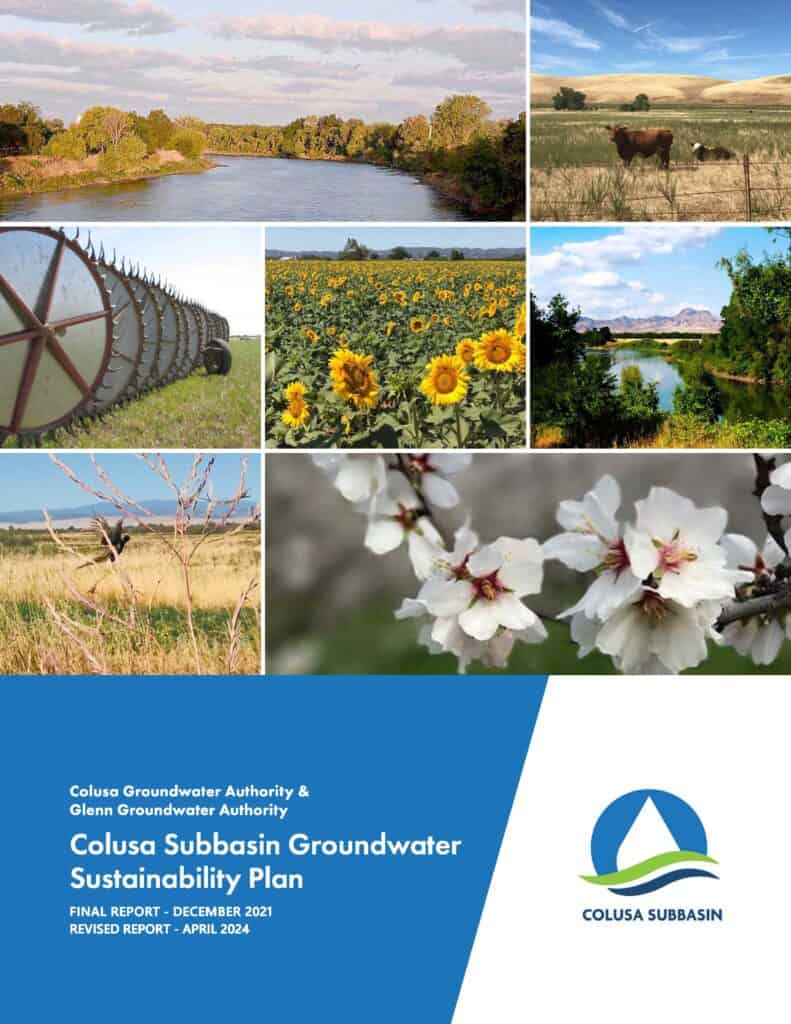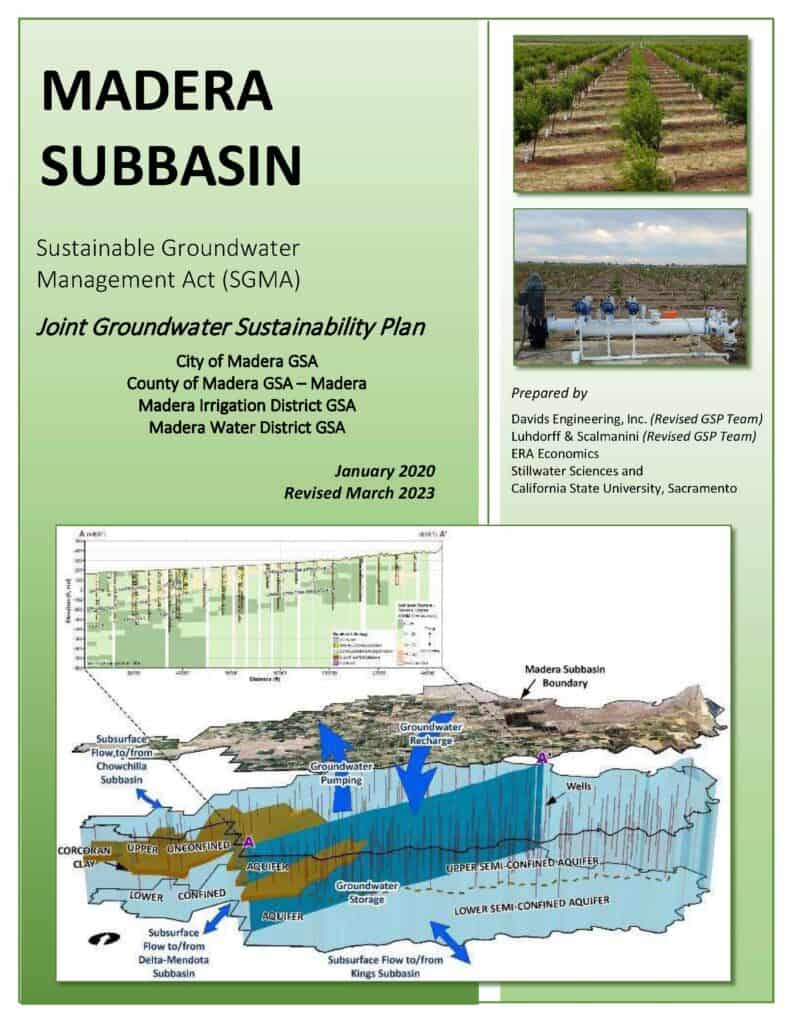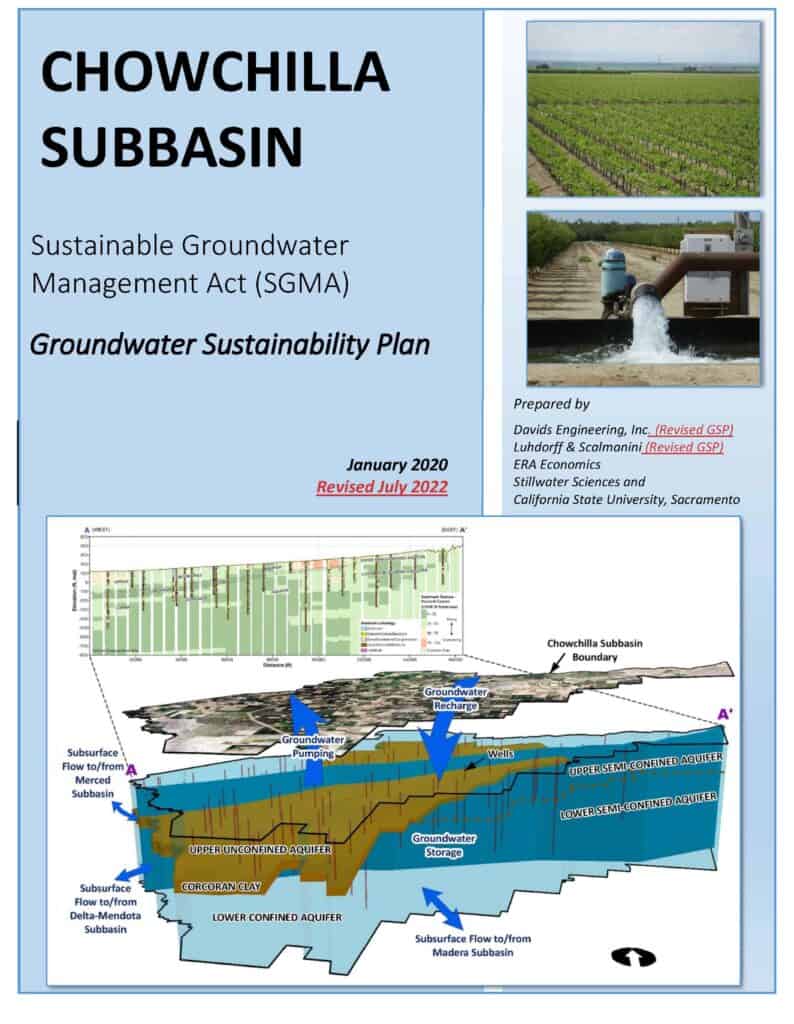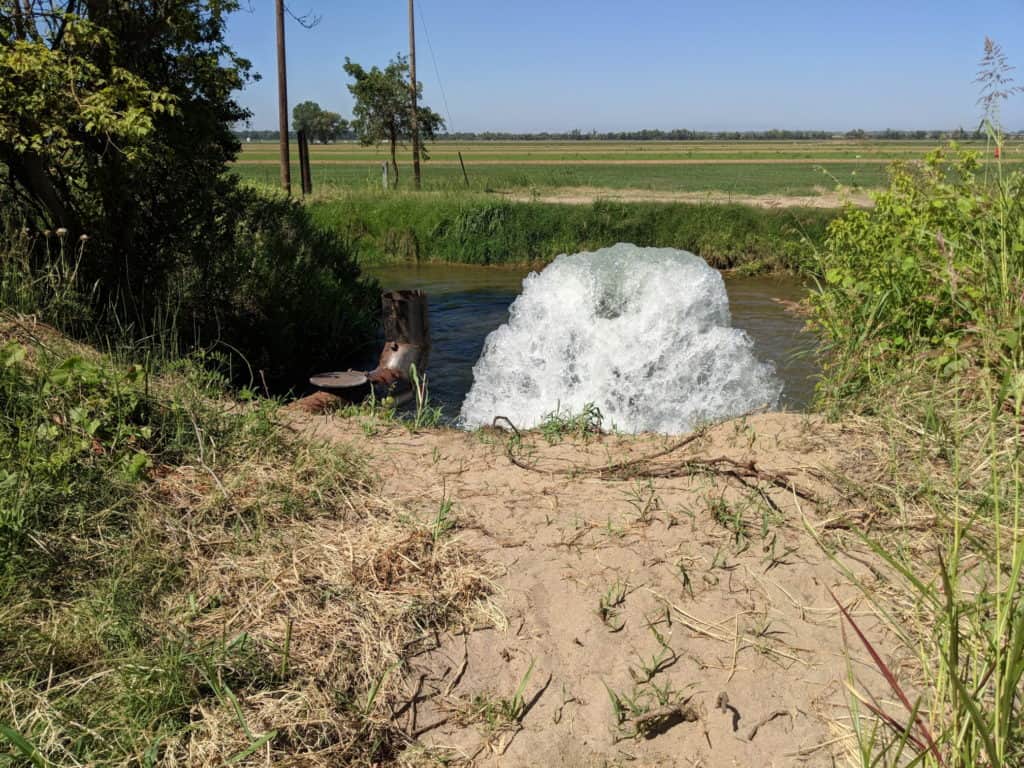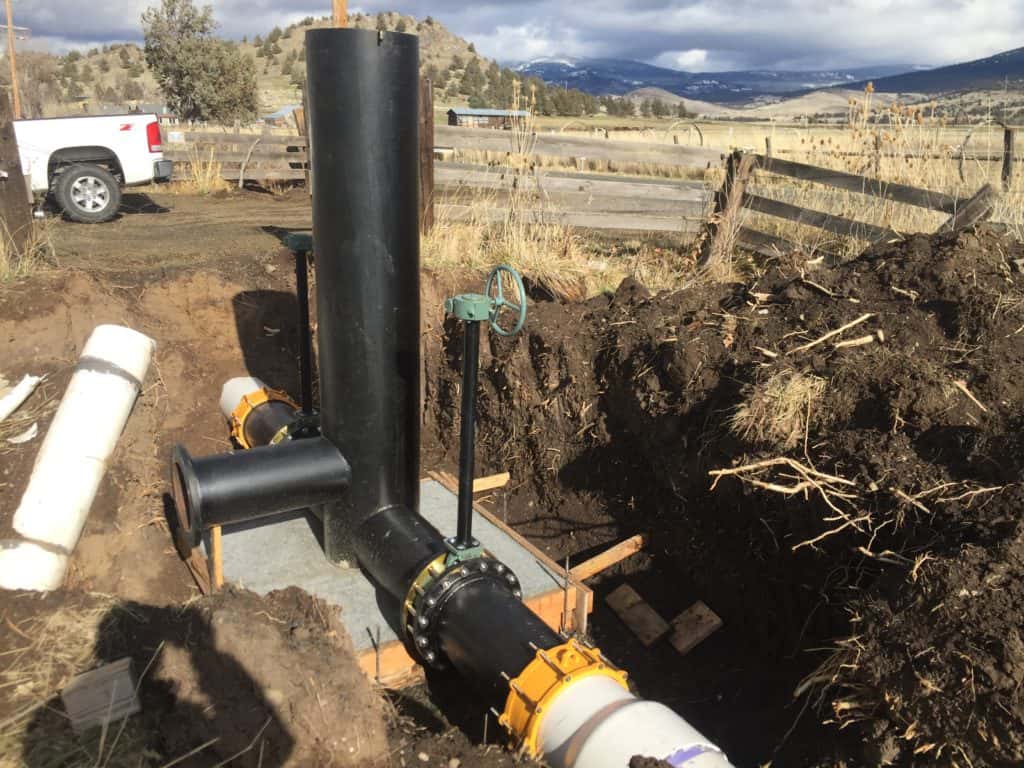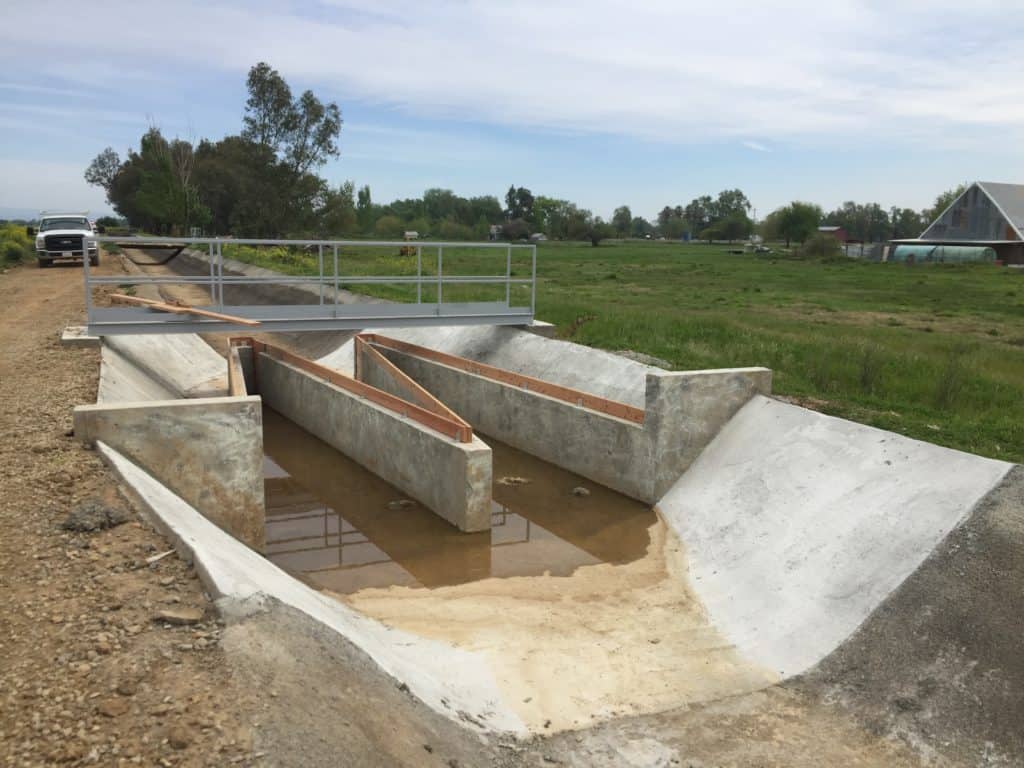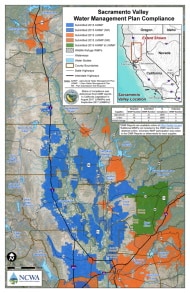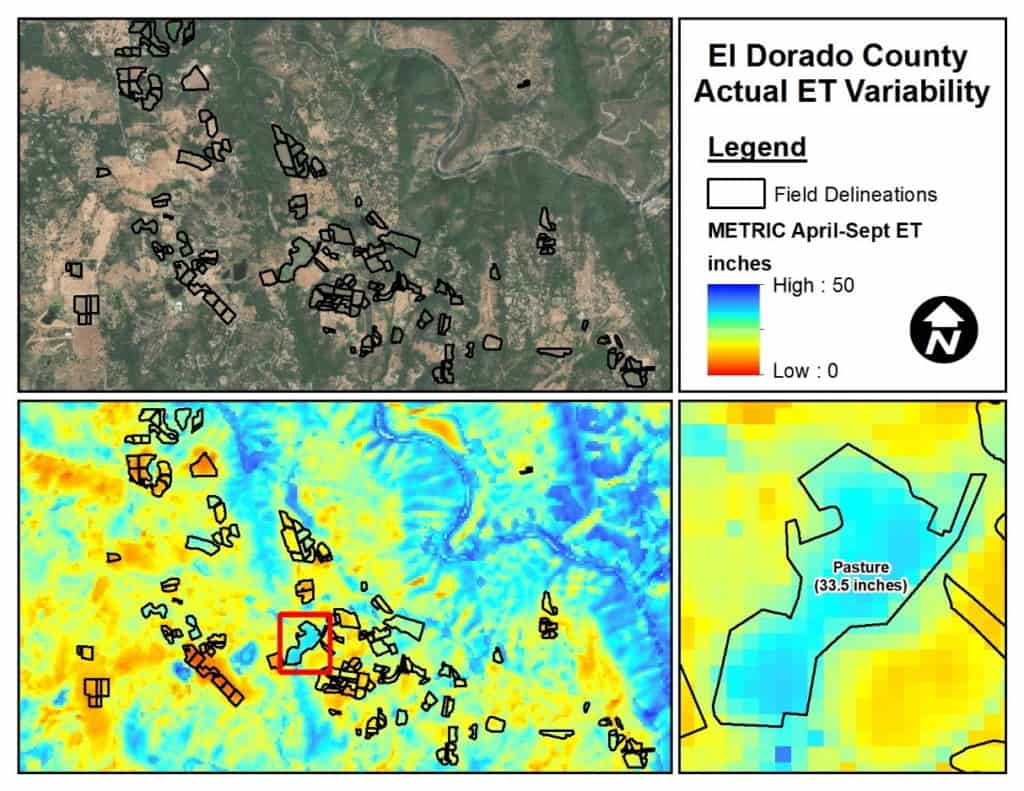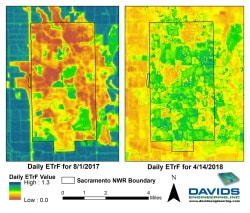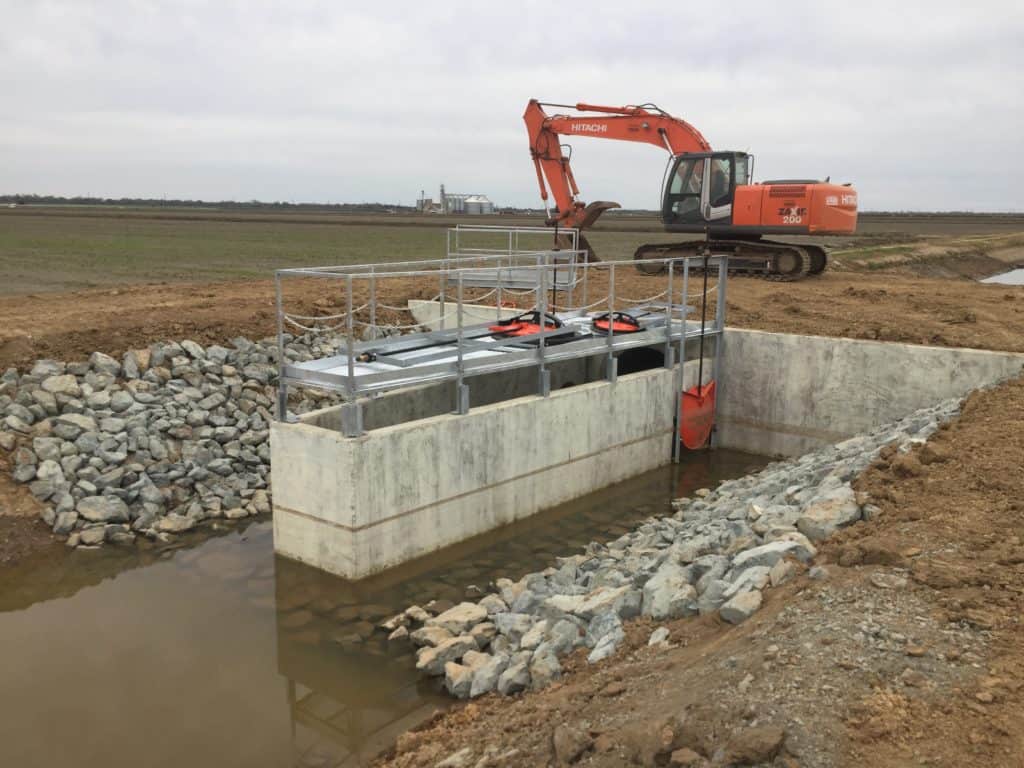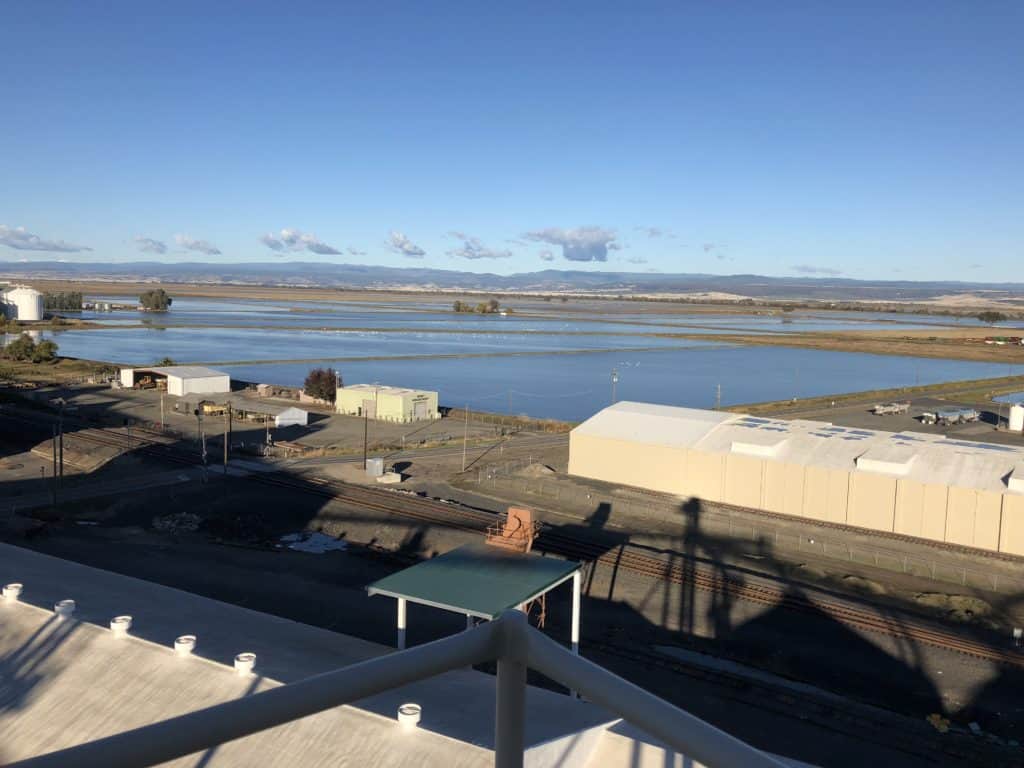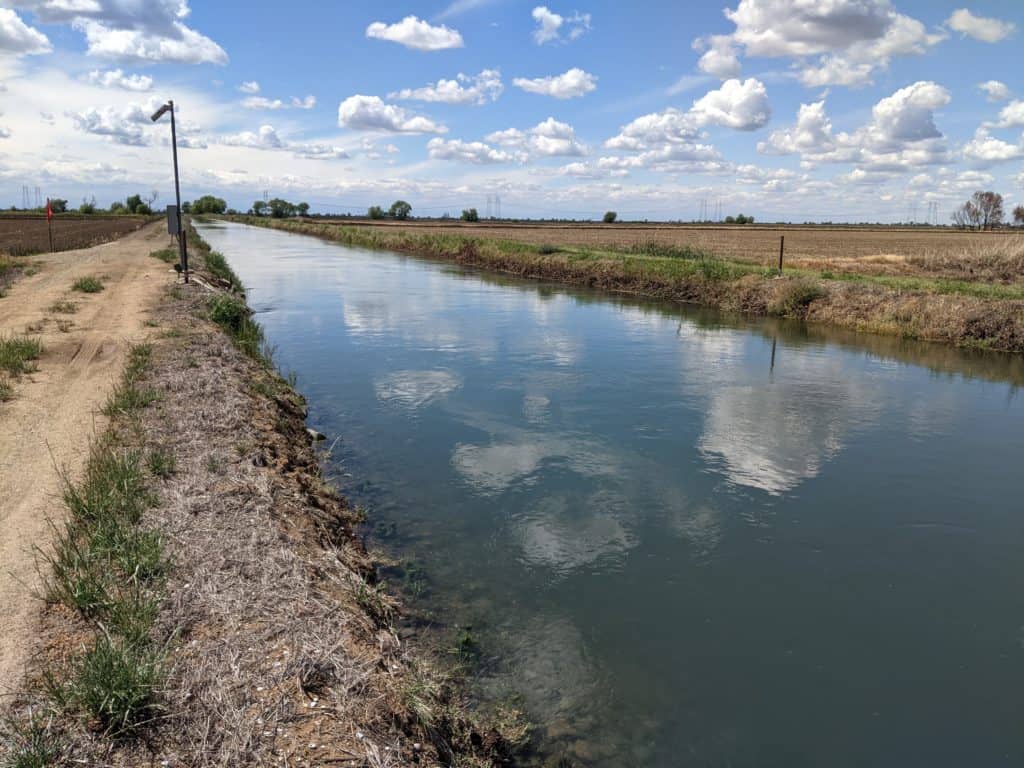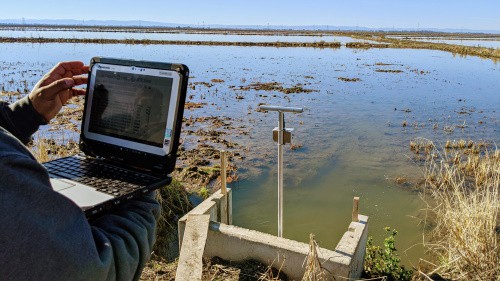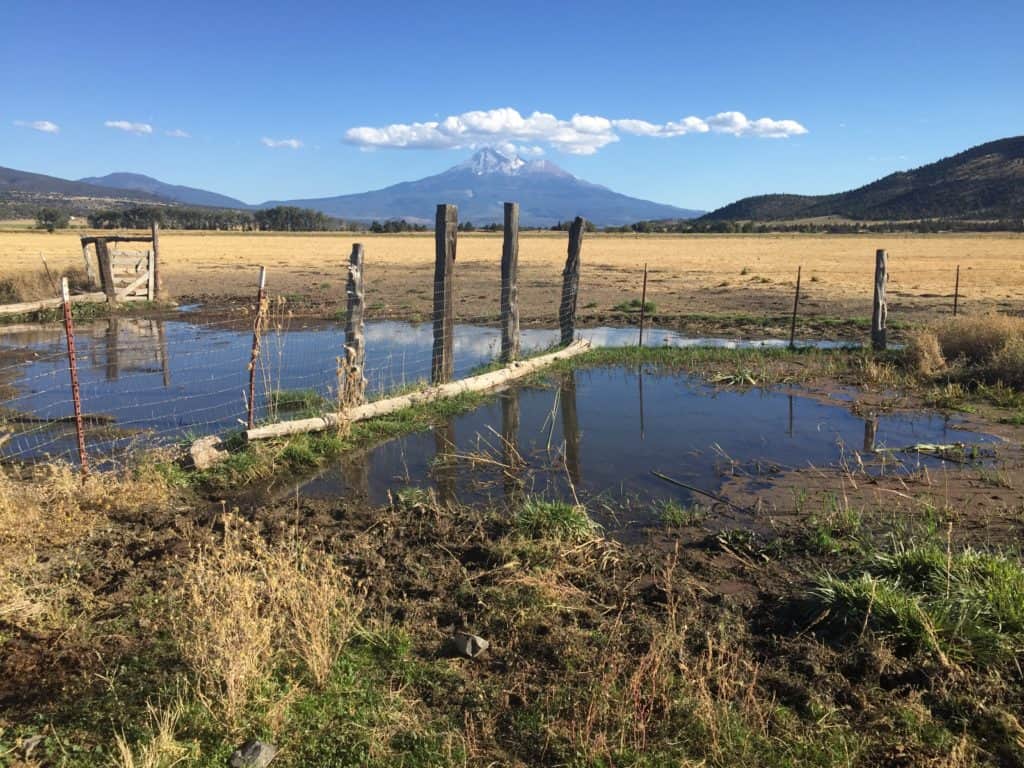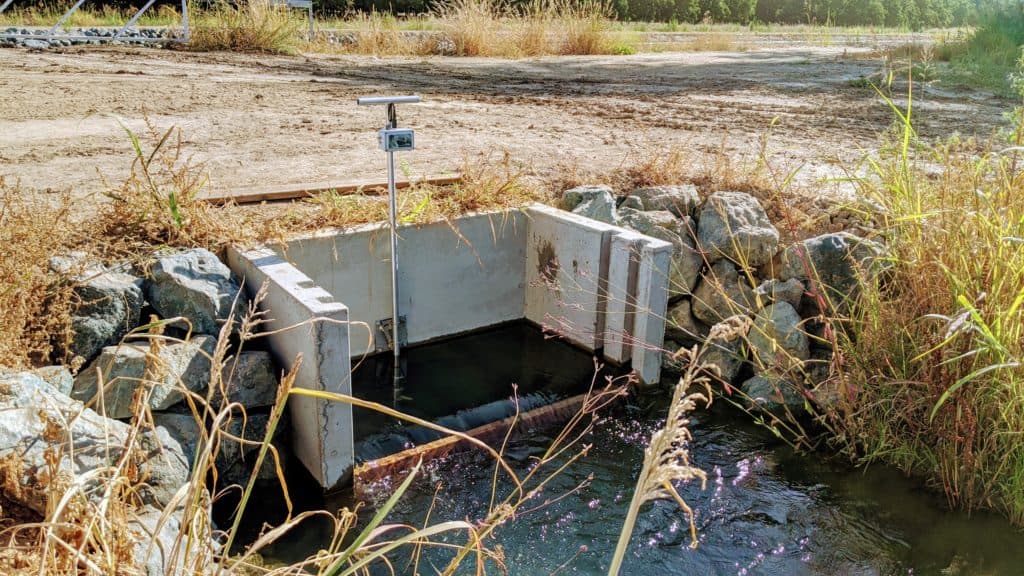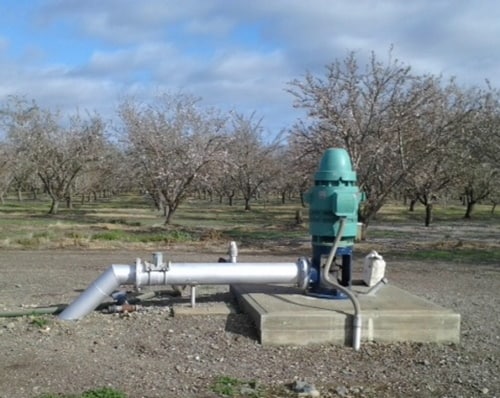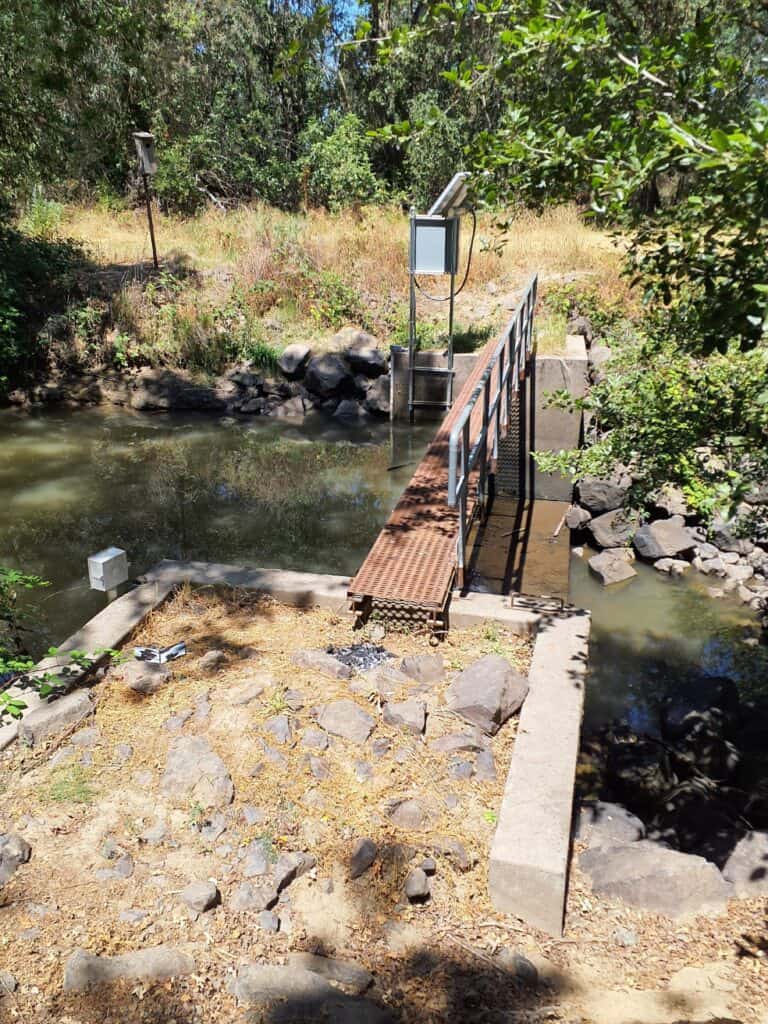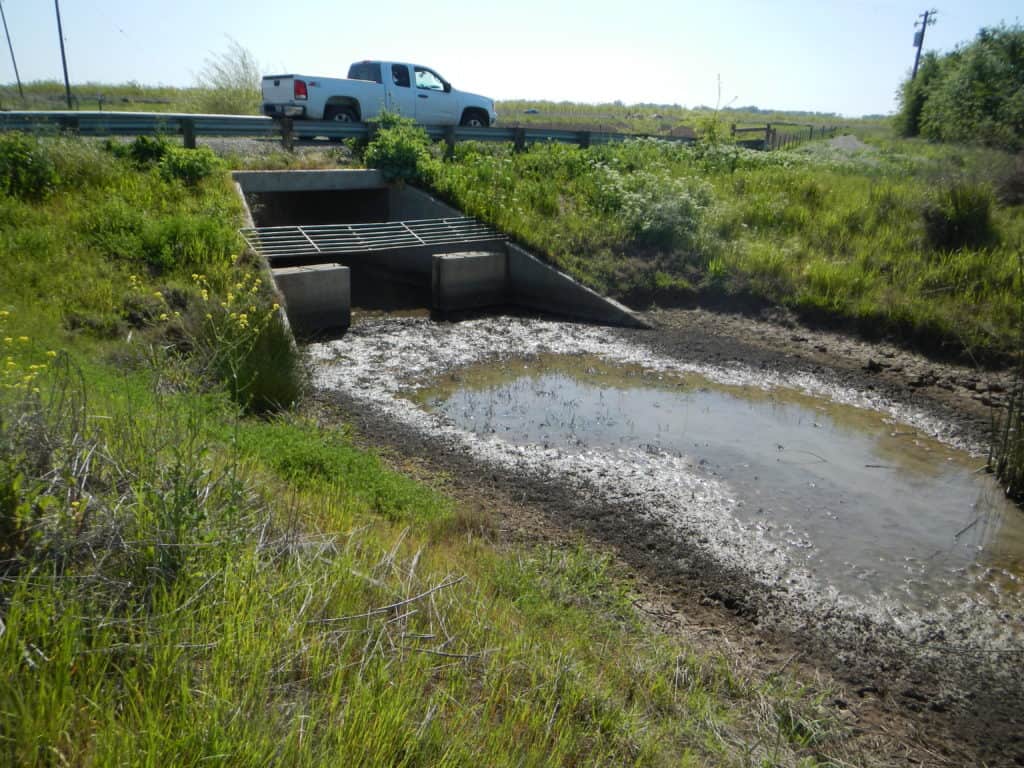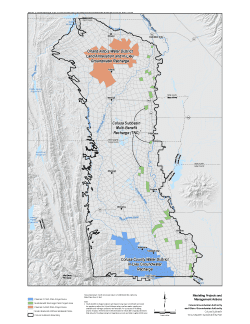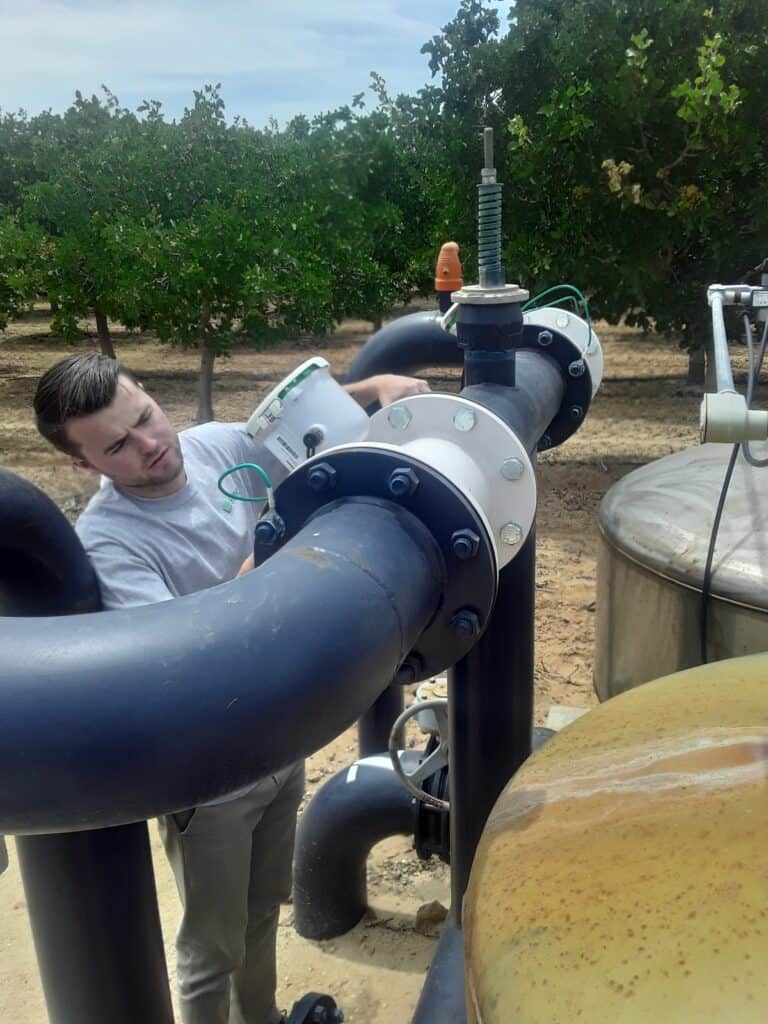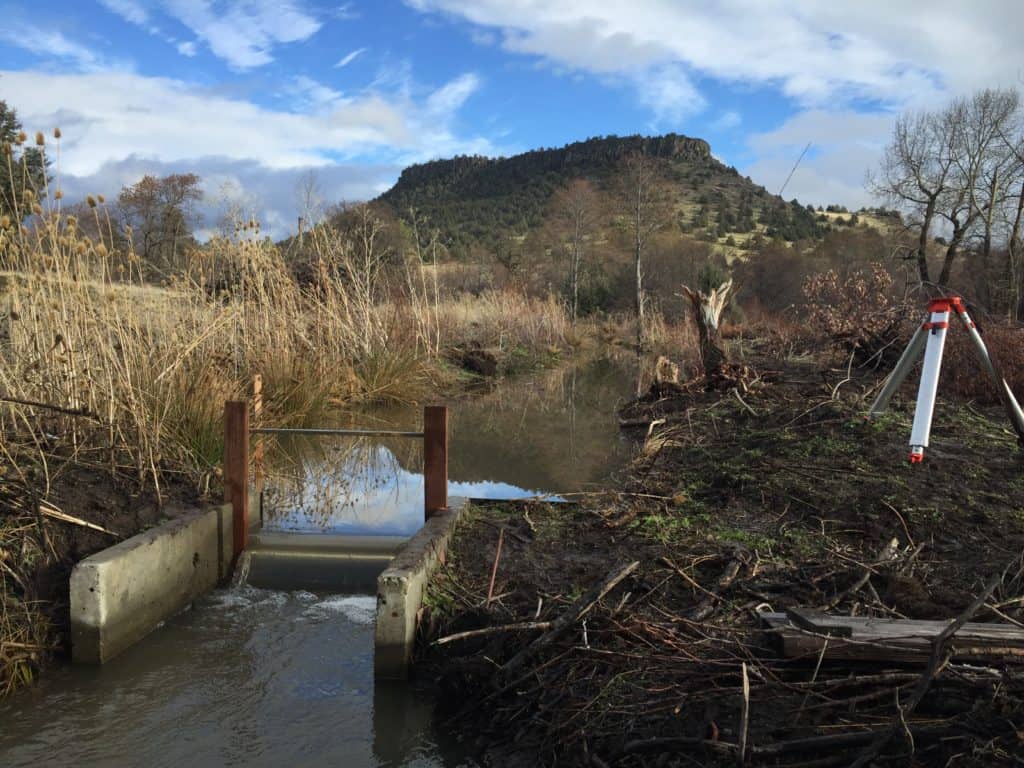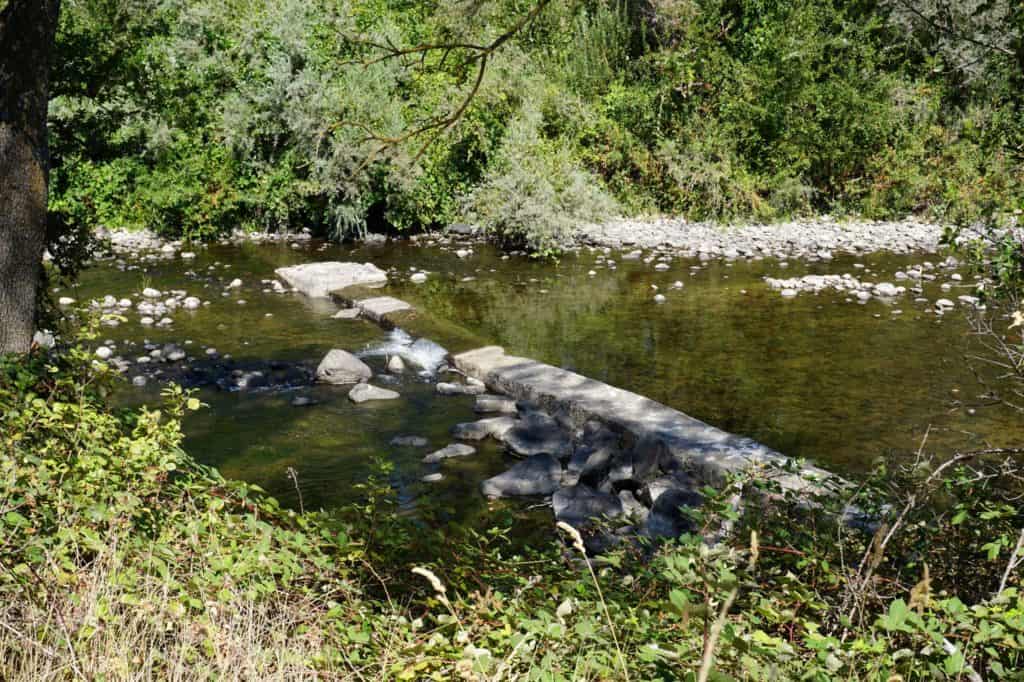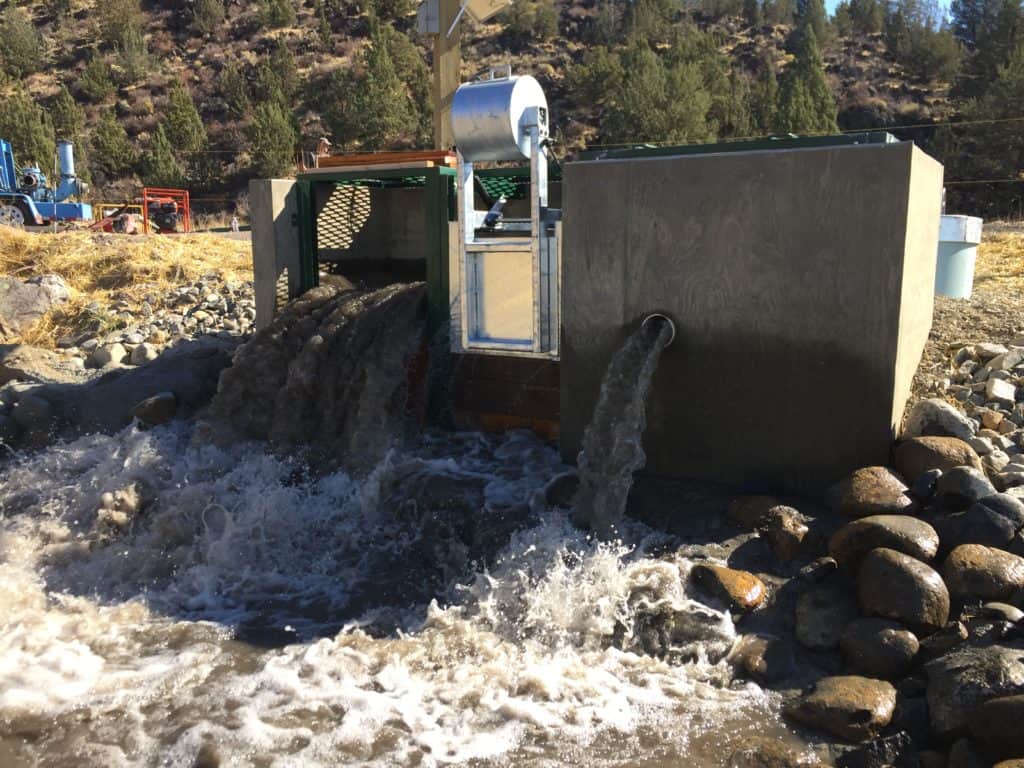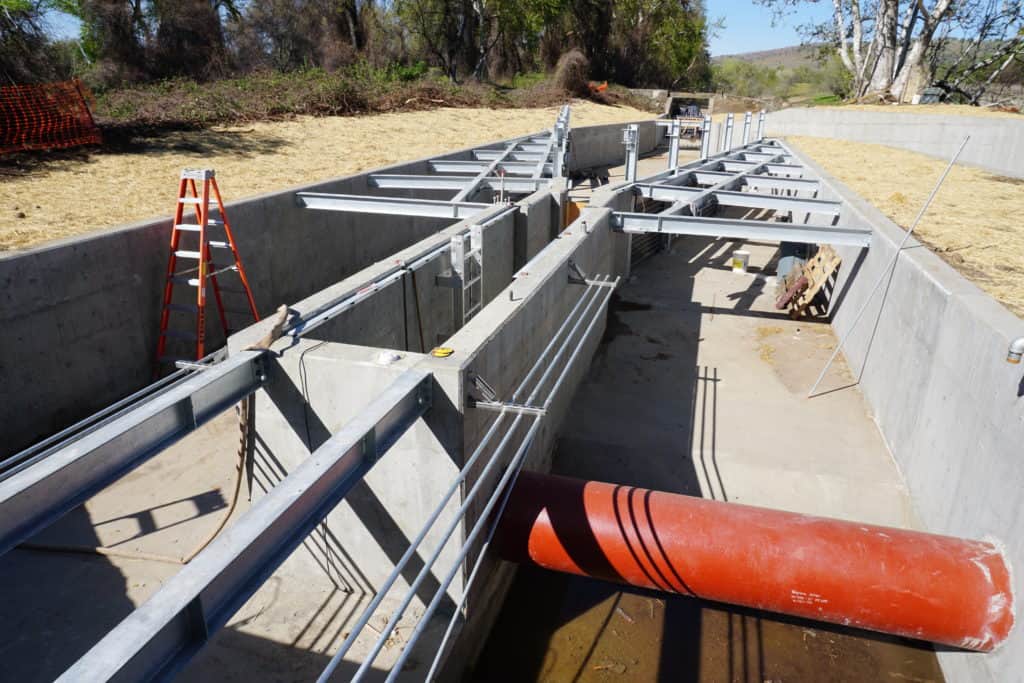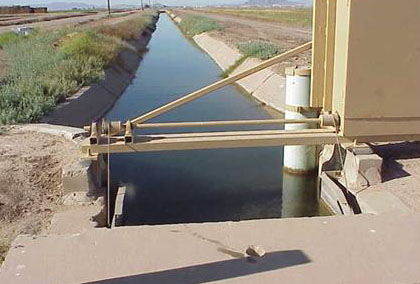In each subbasin within Madera County, the objective of the Sustainable Groundwater Management Act (SGMA) and implementation of Groundwater Sustainability Plans (GSPs) is to achieve groundwater (GW) sustainability by 2040. The Groundwater Sustainability Agencies (GSAs) managed by Madera County are currently implementing GSPs for the “white areas” of the Chowchilla, Madera, and Delta-Mendota Subbasins, which are solely dependent on GW for irrigation of agricultural lands in most years. As described in the GSPs, an important component of GSP implementation and achieving sustainability is reducing consumptive use of GW (i.e. evapotranspiration of applied water, or ETAW), which may be accomplished through implementation and enforcement of a GW allocation.
In late 2020, the Madera County Board of Supervisors adopted a GW allocation approach based on quantification of ETAW, and the GSAs selected a remote-sensing product from IrriWatch that directly provides daily ETAW on a field-by-field basis for allocation tracking and enforcement. The 2021 and 2022 calendar years were used to configure, implement, and test the IrriWatch platform prior to the enforcement of allocations and penalties, currently scheduled to begin in 2023. The 2021 results and grower feedback led to a more extensive review of ETAW from IrriWatch in 2022 through the 2022 Verification Project, a collaborative effort undertaken by Madera County within the GSAs in partnership with local growers and led by Davids Engineering.
The objectives of the project were to increase grower engagement, education, and outreach; evaluate flowmeter installations and accuracy; develop and test procedures for collecting, quality controlling, and using totalizing flowmeter readings to quantify volumes of pumped and applied GW; evaluate input data and computations for remote sensing of ETAW by IrriWatch; develop and implement improvements to the processes for quantifying GW and ETAW volumes; and to compare and analyze GW (measured through field data collection) and ETAW (provided by IrriWatch). The project objectives were pursued and accomplished through close coordination with participating growers, extensive field data collection and aggregation of additional data sources, coordination with Madera County and IrriWatch staff, and data analysis and development of a final report.
Important conclusions and recommendations from the project included that grower engagement, education, and outreach are critical during GSP implementation; flowmeters are accurate if installed and maintained properly; review of ETAW data quality is critical; growers should be provided with options for quantification of ETAW for the groundwater allocation; and systematic verification efforts should continue into 2023 and beyond to further build understanding and support implementation of groundwater allocations. Many of the project recommendations are currently being implemented in Madera County, including providing growers with multiple options for quantification of ETAW and a continuation of the verification project in 2023.
In late 2020, the Madera County Board of Supervisors adopted a GW allocation approach based on quantification of ETAW, and the GSAs selected a remote-sensing product from IrriWatch that directly provides daily ETAW on a field-by-field basis for allocation tracking and enforcement. The 2021 and 2022 calendar years were used to configure, implement, and test the IrriWatch platform prior to the enforcement of allocations and penalties, currently scheduled to begin in 2023. The 2021 results and grower feedback led to a more extensive review of ETAW from IrriWatch in 2022 through the 2022 Verification Project, a collaborative effort undertaken by Madera County within the GSAs in partnership with local growers and led by Davids Engineering.
The objectives of the project were to increase grower engagement, education, and outreach; evaluate flowmeter installations and accuracy; develop and test procedures for collecting, quality controlling, and using totalizing flowmeter readings to quantify volumes of pumped and applied GW; evaluate input data and computations for remote sensing of ETAW by IrriWatch; develop and implement improvements to the processes for quantifying GW and ETAW volumes; and to compare and analyze GW (measured through field data collection) and ETAW (provided by IrriWatch). The project objectives were pursued and accomplished through close coordination with participating growers, extensive field data collection and aggregation of additional data sources, coordination with Madera County and IrriWatch staff, and data analysis and development of a final report.
Important conclusions and recommendations from the project included that grower engagement, education, and outreach are critical during GSP implementation; flowmeters are accurate if installed and maintained properly; review of ETAW data quality is critical; growers should be provided with options for quantification of ETAW for the groundwater allocation; and systematic verification efforts should continue into 2023 and beyond to further build understanding and support implementation of groundwater allocations. Many of the project recommendations are currently being implemented in Madera County, including providing growers with multiple options for quantification of ETAW and a continuation of the verification project in 2023.
